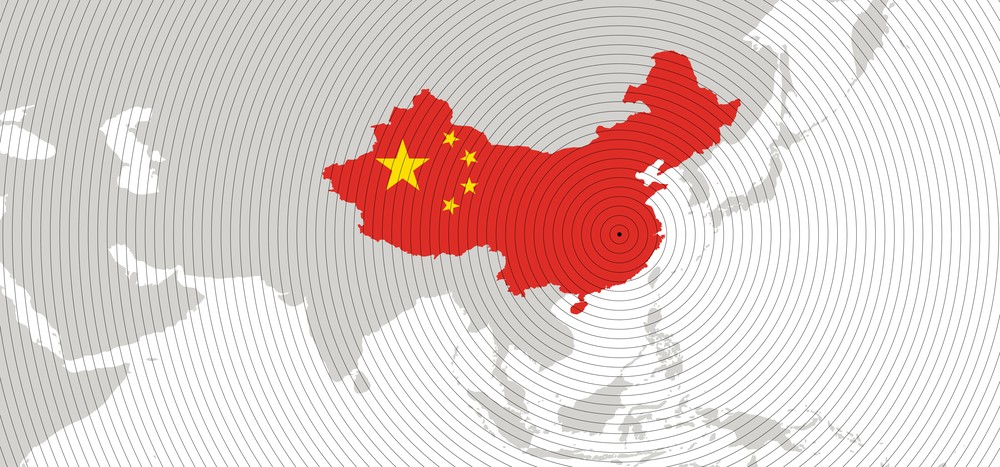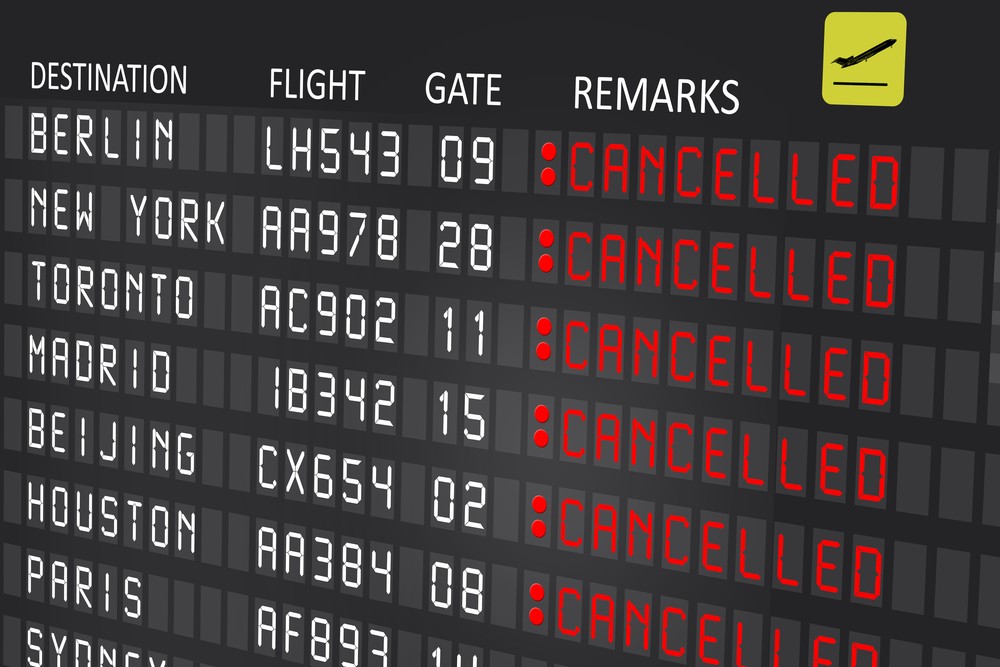Coronavirus Effects on Manufacturing

In only a matter of months, the coronavirus (COVID-19) has spread from Wuhan, China, across the world, to nearly 60 countries. The infected population in China continues to rise exponentially and is taking a massive toll on the Chinese economy. Manufacturing, in particular, has come to a halt in many areas of China, sending shockwaves through the world economy. But these disruptive shockwaves may be merely tremors, with the real upheaval in global manufacturing yet to come at the hands of the coronavirus.
In January, after the severity of the contagion was revealed and the World Health Organization (WHO) stepped in to declare coronavirus an epidemic, reports of the economic effects of the virus began to make headlines. But these reports only focused on the immediate; analysts now say the real damage will come 30-45 days later, as they ripple through the supply chain. For many manufacturing operations, indications of stress are already surfacing. Here’s a look at some of the major setbacks already caused by the contagion.
- Automakers including Volkswagen, GM, Nissan, Mitsubishi, Renault, and Honda have announced plant shutdowns due to mass worker shortages. Daimler — the German manufacturer that owns Mercedes-Benz, Mercedes-AMG, Mercedes-Maybach, Smart, and several heavy truck companies — and BMW will likely soon feel the effects. Automotive suppliers like Bosch also have been affected by the virus.
- Technology manufacturers have borne the brunt of mass illness due to the coronavirus. Apple, Google, Microsoft, Samsung, and others have reported manufacturing delays and setbacks. Many have outsourced production to facilities in other countries, but are still behind schedule — namely Apple’s iPhone production, which could see inventory levels fall by as much as 10% this quarter.
- Video game and technology device manufacturers haven’t escaped the coronavirus, either. Nintendo has already announced delays in upcoming launches, including the much-anticipated Animal Crossing special edition of its Switch. Games like Ring Fit Adventure and The Outer Worlds will see delays due to production setbacks as well. Other device companies like Huawei, Lenovo, and Asus have announced unspecific delays to various products.
- General manufacturing may still face supply chain issues but has escaped from the initial outbreak with little damage so far. Apparel company Under Armor estimates $50-60 million in production setbacks due to the illness. Tapestry, which owns high-fashion brands like Kate Spade, Coach, and Stuart Weitzman, also predicts broad losses.

The many segments of manufacturing add up to paint a grim picture in the wake of China’s battle to keep the virus in check. Workers who aren’t sick are being told to stay home, and production lines are grinding to a halt as a precautionary measure. Losses have mounted early and will continue to grow.
The biggest hit is likely to come in the form of U.S. consumerism, which relies heavily on Chinese manufacturing to source broad goods. As inventories run low and imports fall, so will consumer spending. The one glimmer of light is the shift of some manufacturing as it contracts back to domestic producers, though these are likely to be few and far between. As we near the 45-day mark since the initial outbreak of the coronavirus, the aftershocks will soon tell us exactly how disruptive this epidemic really is.